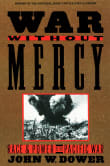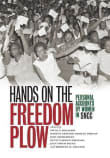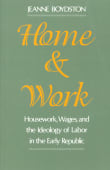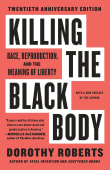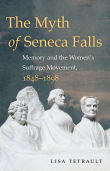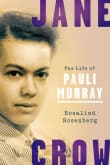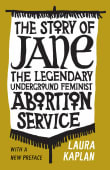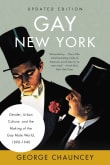At the Dark End of the Street
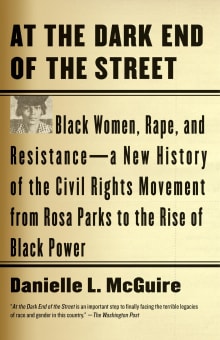
Book description
Here is the courageous, groundbreaking story of Rosa Parks and Recy Taylor—a story that reinterprets the history of America's civil rights movement in terms of the sexual violence committed against Black women by white men.
"An important step to finally facing the terrible legacies of race and gender in this…
Why read it?
4 authors picked At the Dark End of the Street as one of their favorite books. Why do they recommend it?

We live in a time when personal convenience seems to trump everything else. So how is it that virtually the entire Black community of Montgomery, Alabama, stayed off the city buses for over a year in the mid-1950s?
The first three chapters of this book answer that question in a completely new way that made the realities of the Jim Crow South and the dangers of the struggle for racial justice snap into focus for me. The boycott was tangentially about segregation on buses, but really, argues McGuire, it was a fight for bodily integrity, safety, and self-respect.
Because it…

Rosa Parks is one of a handful of American women whose names make it into our textbooks and social studies curriculum. However, the textbook version of Parks tends to sanitize her activism and skim the surface of her remarkable life. As one of my students observed, Parks’ powerful story has been reinterpreted “to make white people feel good about themselves,” as if somehow all the problems exposed by the Civil Rights movement were fixed after Parks refused to give up her seat. Danielle McGuire’s At the Dark End of the Street restores the fullness of Parks’ life and work, and…
From Kimberly's list on women fighting for bodily and political autonomy.

When I ask a well-read, nonhistorian about a book that changed their view of U.S. history, they often mention At the Dark End of the Street. This book addresses a deeply-embedded movement myth: the idea that Rosa Parks came to activism and fame when she refused to move to the back of a Montgomery, Ala., bus. As McGuire shows, a long history of challenging the sexual assault of Black women by white men shaped Parks’s—and many other women’s—activism in the Black freedom struggle of the mid-20th century. That they were largely erased from the movement’s story of its leaders—and…
From Lori's list on that will blow your mind about US women’s history.
If you love At the Dark End of the Street...

Using sexual violence—specifically white men’s rape of Black women—as its lens, McGuire’s work profoundly reorients our understanding of what motivated civil rights activists at the grassroots, especially women. The early chapters consider both the radical activism of Rosa Parks prior to 1955 and the Montgomery Bus Boycott that emerged in the wake of her arrest. McGuire also examines how the 1959 rape of a young co-ed at Florida A&M University spurred student activism on campus and beyond. The last chapter covers the 1975 trial and exoneration of Joan Little, a poor Black woman from North Carolina accused of killing her…
From Katherine's list on women in the civil rights movement.
If you love At the Dark End of the Street...
Want books like At the Dark End of the Street?
Our community of 12,000+ authors has personally recommended 100 books like At the Dark End of the Street.


